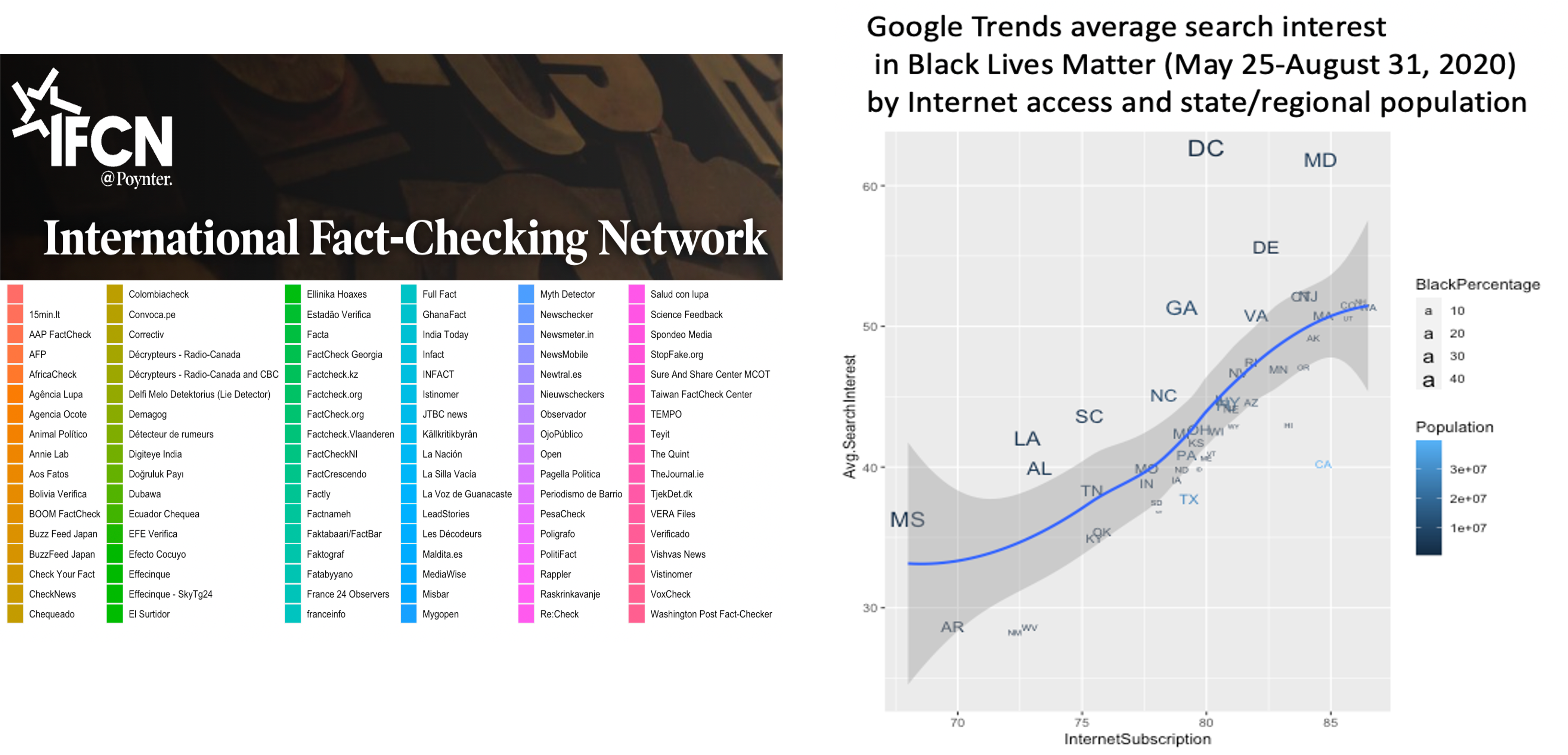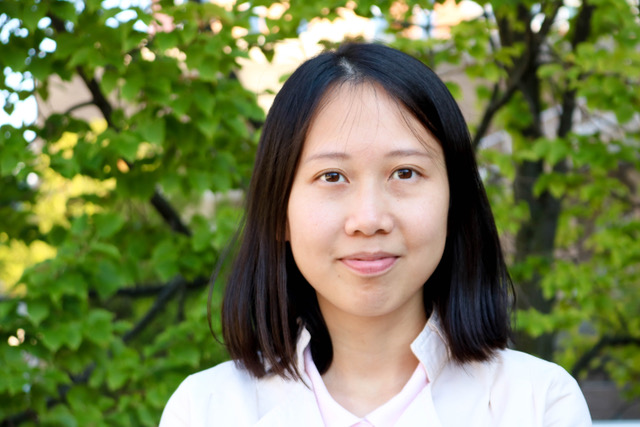Research
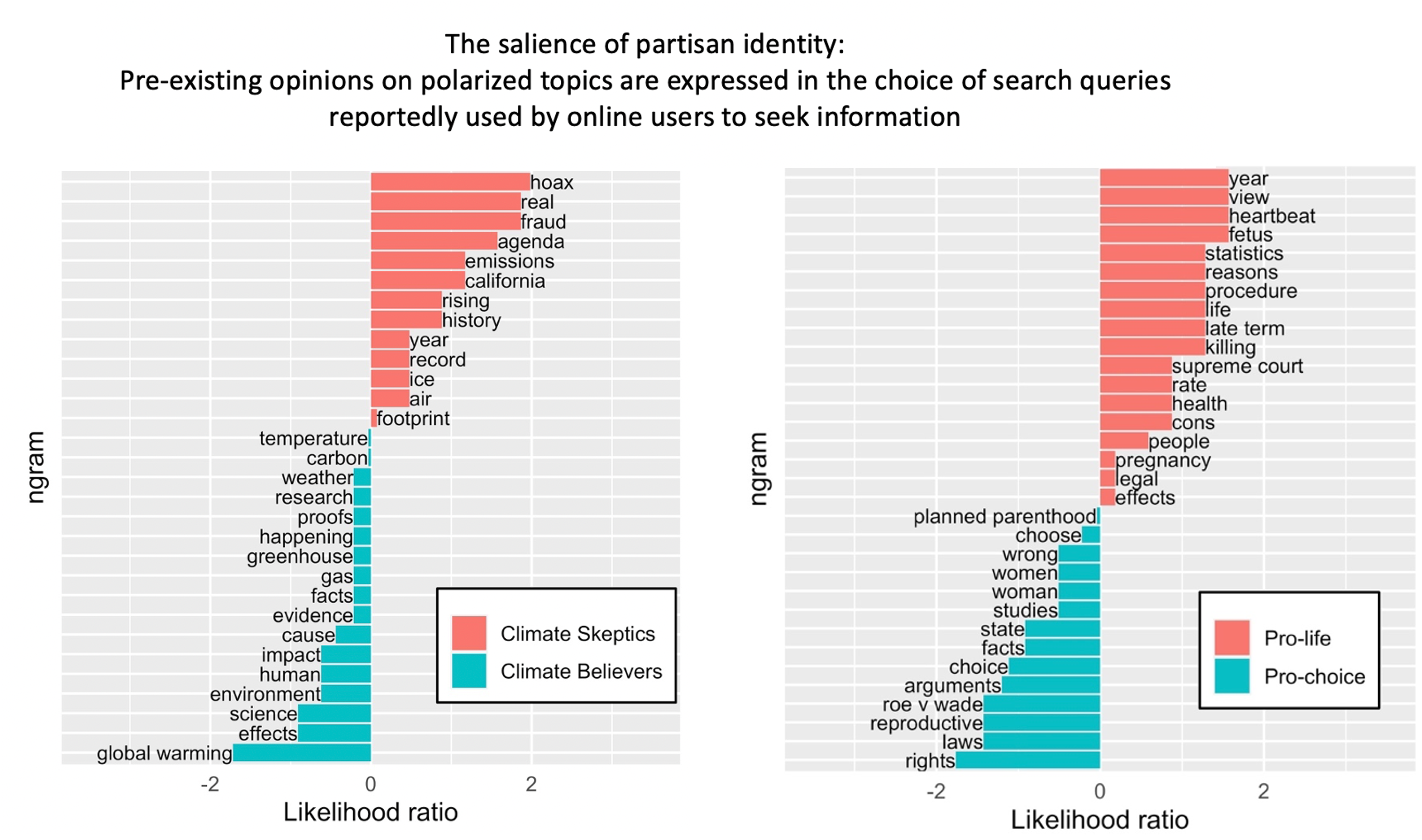
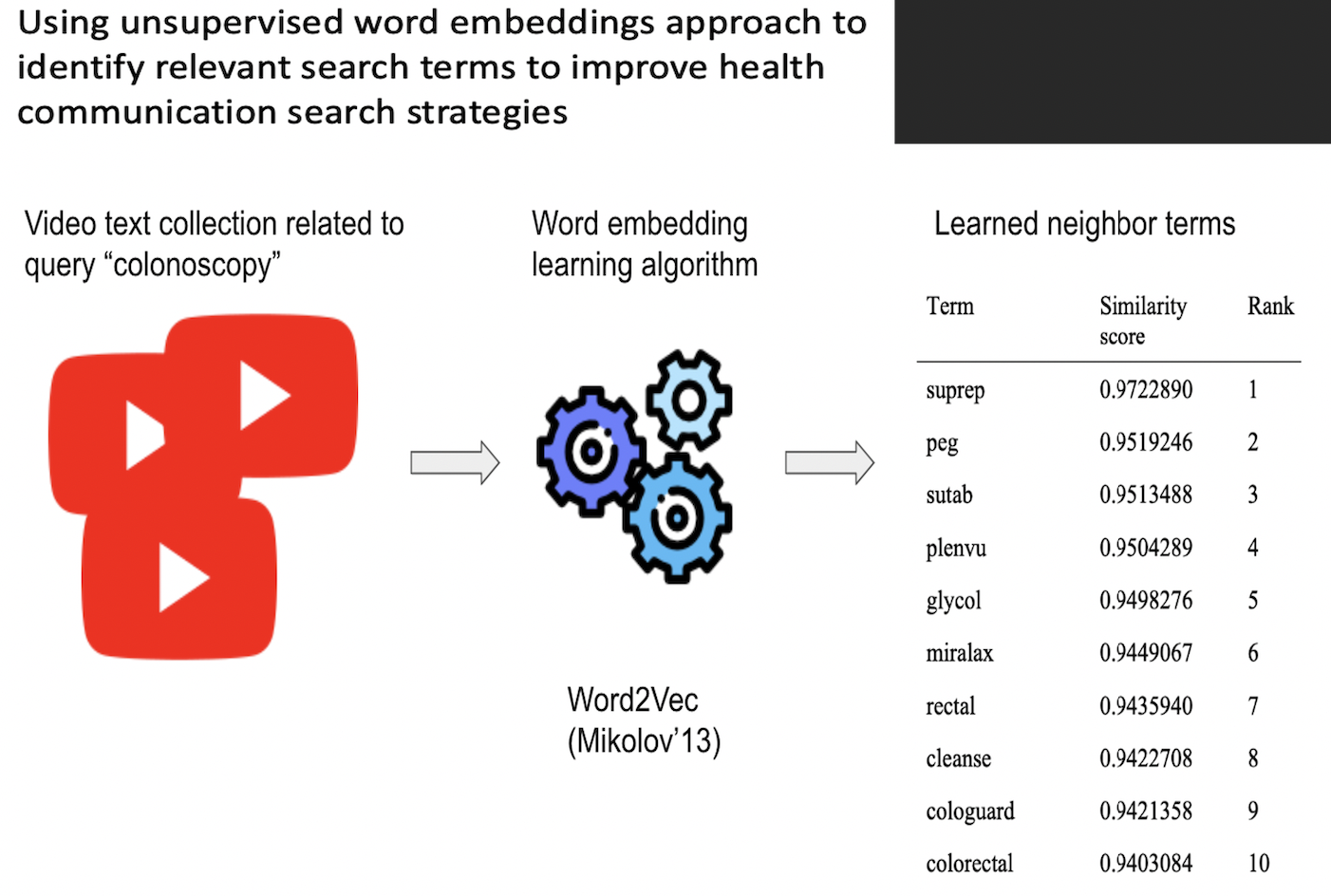
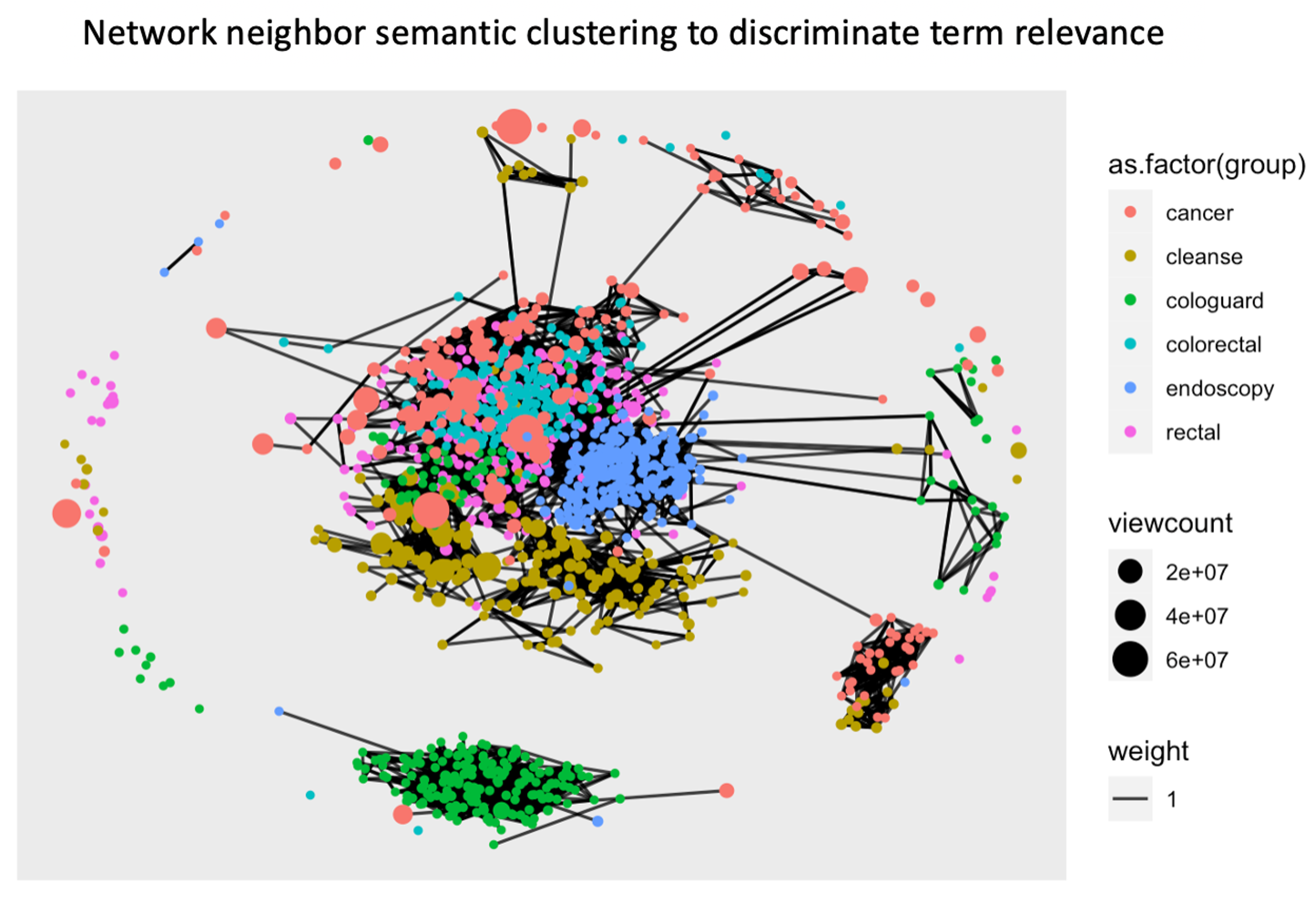
My research falls into three main focus areas:
1) Digital cultures of mis/disinformation and how their persuasive outcomes are shaped by political and social identities
In these projects, my research shed light on the connection between public perceptions of news media and the consequential impact on their attitudes and behaviors. My works demonstrate that audience perceptions of media content and effects have significant impact on the way individuals view and evaluate information, as well as their attitudes towards social ingroups and outgroups. In particular, “fake news” accusations among the public could contribute to severe social polarization among the politically engaged.
These aggravating outcomes hold even more important implications when it comes to online information disorders including misinformation and disinformation. My research show that strategic deceptive strategies employed by Russian disinformation campaigns on social media were particularly successful in engaging online audiences through sharing and engagement.
Related publications
- Public perceptions of “fake news” and impacts on political polarization Tong et al., 2021, Tong et al., 2020
- Online disinformation campaigns and behavioral effects on the receiving audiences Suk et al., 2022
- Strategic communication strategies to leverage political outcomes in a hybrid and networked media system Xia et al., 2019
2) Communication technologies and machine algorithms in the contexts of information equities and social connections
Another strand of my research is in the increasingly sophisticated and influential role that technologies employed by digital platforms play in the current society. I am interested in understanding the public use and societal impact of technologies and machine algorithms in the contexts of politics and social connections. I explore this broad question in both social media platforms (particularly Twitter, Tumblr) and online search engines (Google Search).
In particular, my dissertation focuses on search engines as information intermediaries that are crucial to political information acquisition and democratic outcomes. Using a combination of data sources (e.g. online media archives, Google search data) and methods (including text mining, survey design, field experiments), I examined the extent to which ideological “filter bubbles” exist due to human bias and machine algorithms that feed on previous behaviors.
Related publications
- The political implications of search engines Tong, 2021, dissertation
- Applying data science and computational social science approaches to address communication disorders and improve equities Tong et al., 2022
- Algorithmic curation of news and susceptibility to news personalization Tong, 2020
- News sharing on social media Lukito et al., 2021, framing effects on the intentions to share news on social media Valenzuela et al., 2020
3) Networked media ecology and public discourse on issues of social justice and contentious politics
In these projects, my colleagues and I examine the nature of news and online media coverage surrounding contentious issues such as the MeToo movement and Black Lives Matter movement. Results from these research indicate how the available public discourse is contingent on several factors, including the partisan nature of media outlets, information habits and behaviors of the audiences, as well as the information supply in the networked media systems.
Relatedly, my currently wrapped up project on international fact-checking efforts regarding COVID-19 misinformation found that the current themes of misinformation are shared across geographical borders and networked fact-checking media.
Related publications
- Dealing with misinformation on COVID-19: Comparing the networked use of transparency and accessibility in fact-checking practices Tong et al., 2022
- Public opinion on Black Lives Movement protests examined through search traffic and suggested search results Tong & Diakopoulos, 2021
- Contrasting narratives of #MeToo coverage across the news media landscape Ghosh et al., 2020
